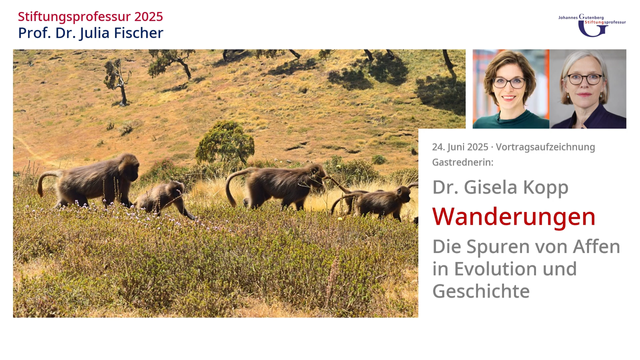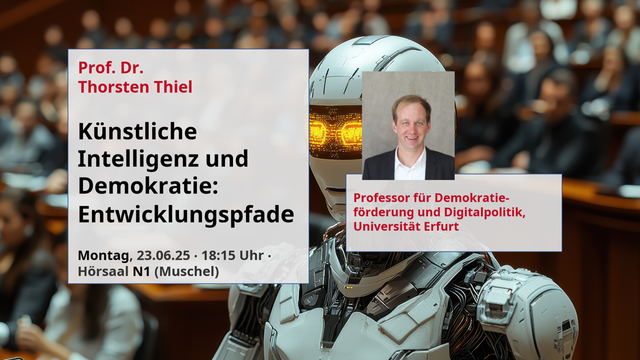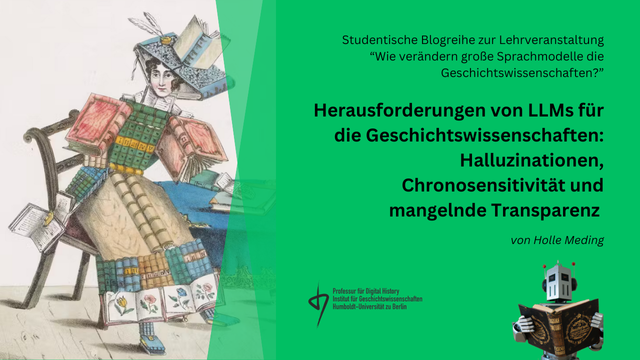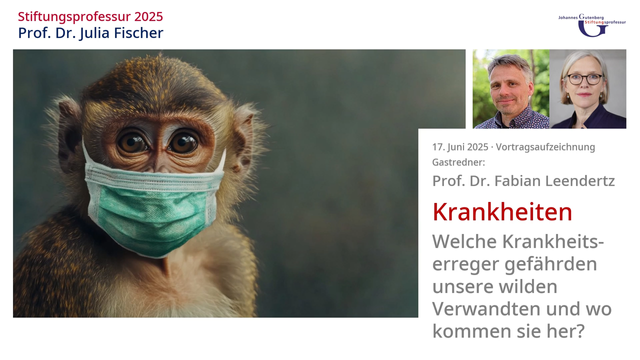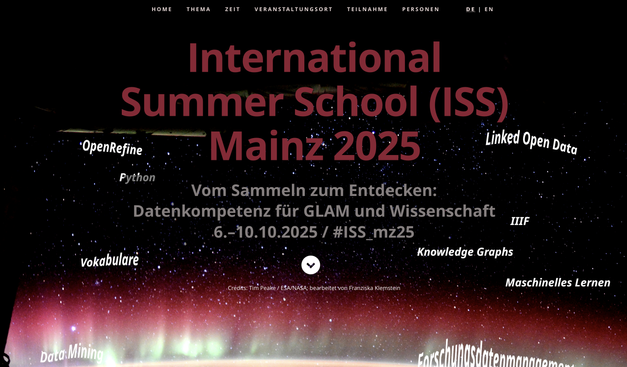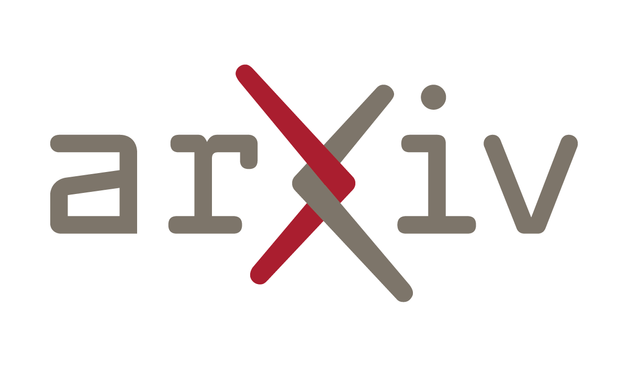New study on the effects of LLM use (in this case on essay writing):
https://arxiv.org/abs/2506.08872
Quote:
"LLM users also struggled to accurately quote their own work. While LLMs offer immediate convenience, our findings highlight potential cognitive costs. Over four months, LLM users consistently underperformed at neural, linguistic, and behavioral levels. These results raise concerns about the long-term educational implications of LLM reliance and underscore the need for deeper inquiry into AI's role in learning."
The interesting thing is: People who used search engines (to find sources etc) did not show similar issues. This is an important antidote against the belief that LLM-based tools are just like search engines. Which they are not. They are massively degrading their users' mental abilities and development. Which is why these systems have absolutely no place even _near_ any school or university.
https://hails.org/@hailey/114691651497761523

